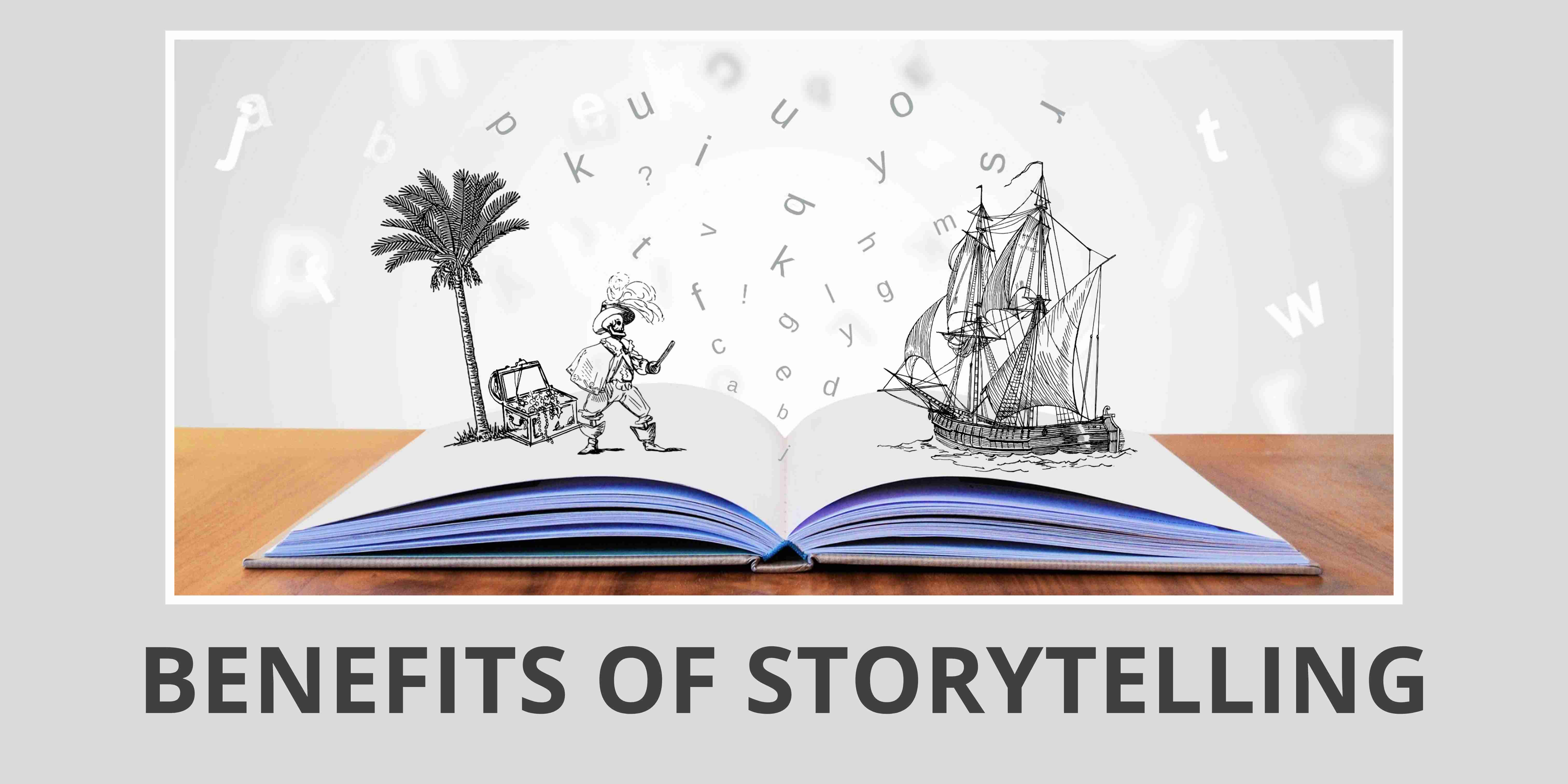The Benefits of Storytelling: What Happens When You Share Your Story
Sharing your stories on History Chip is an amazing thing to do! When you step up to sharing your stories, you are stepping up to being a hero for your community, for your truth, for your legacy, and for your family! That is awesome! This is no small thing. Think about it. History, before History Chip, was mostly about rich people with power. That means that history was about, not even the 1% but maybe more like one tenth of 1%. It’s like New York City (or any big city for that matter), without any people in it or maybe New York City with one rich guy there. Anyone who has ever been to New York City knows that that one rich guy is not what that city is about. There are street vendors, shopkeepers, artists, actors, taxi drivers, waiters, subway riders, tourists, etc., etc., etc. Take away all those people and all their stories, and there is no New York City. It is just a bunch of big buildings with nothing going on.
The power of sharing your story on History Chip is that YOUR story expands the truth of our world. YOU become part of this majestic spectrum of history and that is the importance of sharing your story. You become part of history and by sharing your stories, you encourage others to do the same. Sharing personal experiences doesn’t mean that you have to reveal private truths. We invite you to share observations, share what life is like where you live, what the weather is like, or what it is like to do your job.
In the story below, you can read a story told by a man whose parents emigrated from Germany to North Dakota when North Dakota was just being settled by Europeans in the 19th century. He tells about the Sioux Indians who had lived in that area for thousands of years. He talks about the layout of the town and the shops in that town. These are small details of the lives of “ordinary” people living lives that changed North Dakota, North America and the lives of the Sioux people. These may be stories of ordinary people but their stories are extraordinary and the story of North Dakota, North America and the Sioux people are not complete without stories like Mr. Welk’s.
As told to his son, Frederick Jr.
“Now North Dakota was a prairie country. The Sioux Indians lived there for thousands of years. The buffalo was their main food. They would kill it with bow and arrow whenever they needed meat. The pioneers came over and kind of pushed the Indians out, see? And the government helped it, and that was a sad part of it. They passed an ordinance— 160 acres free land for the immigrants. And those were the days when all the immigrants came over from German- speaking countries and the northern countries.
“Well my parents– my mother was only 4-years-old when she came. My father was 17. Of course he had gone to the German school (in South Russia) and became well-educated by the time he was 17. And my grandfather, Michael Welk, brought Dad and the rest of the family on the Kaiser Wilhelm der Grosse steam ship. (The largest of its day.) And they landed in New York City. They took the train and went as far as Devils Lake. And from there they looked at where they were going to take that 160 acres of free land to plow it up and farm it. So they ended up near Berwick.
Now it was a small town so it was only a few blocks away from down to the railroad track which was a dividing point between a hundred people one side and a hundred people on the other side. And there was only one main street. That’s how it happened to be.
“But funny thing— those days there were five grocery stores — imagine in a little town like that! And there was a bank. Actually at one time there was two banks. And there was a drug store — and things like that. There was a butcher shop — things like that. It was very progressive. “
We love this story and the other stories of the Welk Family because they offer so many insights into the life of the settlers in the American West in ways that our history textbooks don’t offer. And these stories of “ordinary” life connect to us in ways that stories of the rich and powerful can’t. These stories help us imagine ourselves in the shoes of the storytellers. Your stories from every corner of the world help us imagine life in your shoes. In this way, stories in History Chip offer compassion for life and people in places we’ve never seen.
History Chip is unique in that it welcomes the stories that cement YOUR legacy, expand the truth of our world, and make you a part of history. Your slices of life flesh out the story of life on this planet and help all of us understand each other in ways no other site can. Your stories matter!

